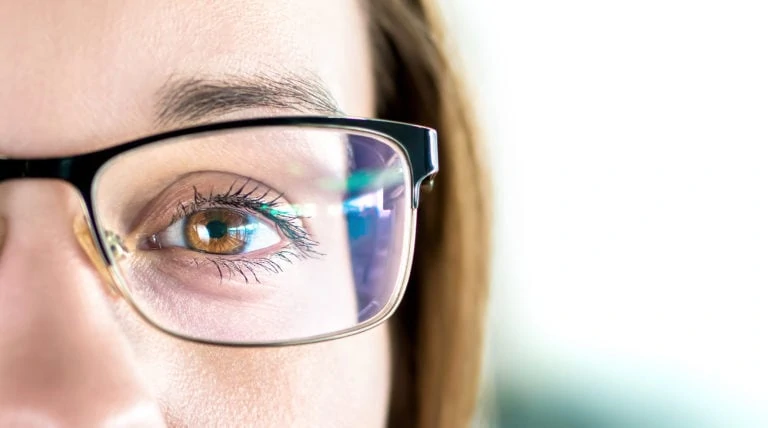Glaucoma is known as “the silent thief of sight.” This common eye condition is insidious because the symptoms often go unnoticed, especially in its early stages. By the time many patients realize there’s a problem, irreversible damage to their vision has already occurred. The consequences of untreated glaucoma can be severe and permanent. Learn more about glaucoma and find out why early detection and treatment are crucial for your sight.
Signs and Risk Factors of Glaucoma
Glaucoma is a group of eye diseases that damages your eye’s optic nerve – the connection that sends visual information from your eye to your brain. The damage is most often caused when the pressure in your eye is too high, usually due to a buildup of fluids inside the eye. If left untreated, the continued pressure on the optic nerve causes irreversible damage, leading to vision problems.
Glaucoma is a leading cause of blindness in the United States, with an estimated 4.2 million Americans living with this condition. Yet, according to the U.S. Centers for Disease Control and Prevention (CDC), up to half of people with glaucoma don’t realize they have this vision-stealing disease.
Contrary to popular belief, there are hardly any symptoms or signs in the early stages of the disease. Glaucoma develops slowly and painlessly. Vision loss often begins with side or peripheral vision. Since we only use our peripheral vision about five percent of the time, you may not notice it until it starts affecting daily tasks, such as your ability to drive safely.
Common symptoms of glaucoma include eye pain, blind spots, blurred vision, nausea, headaches, halos, and potentially blindness. The disease can affect anyone, but there are certain groups that are considered higher risk. Factors including age, family history of the condition, race, and underlying conditions such as diabetes and heart disease, increase your chances of developing glaucoma. Understanding the risks and getting regular eye exams are two of the best ways to catch glaucoma early, before it causes lasting damage.
How Long Can Glaucoma Go Untreated?
Glaucoma is a progressive disease, meaning it gradually worsens over time. How fast does glaucoma progress? In most cases, it develops slowly over many years, but it can develop more quickly depending on the type of glaucoma, your individual risk factors, and how early it’s detected.
What happens if glaucoma goes untreated? While glaucoma does not always lead to blindness, leaving it untreated can result in permanent vision loss. That’s why early diagnosis and treatment is crucial to protect your sight. Once vision is lost, it cannot be restored. Fortunately, when caught early, there are a range of treatment options that can slow or even halt the progression of the disease.
Treatments can help alleviate its effects
Once you have been diagnosed with glaucoma, you’ll most likely need treatment for the remainder of your life. This is the only way to slow or prevent further loss of sight. That’s why it’s critical for all patients 60 and over to receive regular, comprehensive eye exams, so we can detect it and begin treatment right away. Remember, every day counts when it comes to saving your sight.
For a majority of cases, prescription eye drops can help lower intraocular pressure. Most patients respond well to this glaucoma treatment, delaying or preventing the progression of the disease. However, because many different types of glaucoma exist, treatments may vary between individuals depending on the type of glaucoma as well as other factors, including one’s general health and wellness.
Certain glaucoma medications may be recommended to slow progression. Although, in more advanced cases, laser treatment and traditional surgical procedures are available. For instance, Selective Laser Trabeculoplasty (SLT) is a quick, outpatient procedure done under local anesthetic. During SLT, a laser is used to improve the drainage through the eye’s natural pathway, lowering intraocular pressure. Trabeculectomy is another surgical procedure to treat glaucoma. It involves creating a new pathway for fluid to drain from the eye through a tiny canal between the inside and outside of the eye, through the white part (the sclera). These procedures improve the eye’s ability to drain fluid that is causing pressure to build up.
Taking care of your eyes before glaucoma does the most damage
Glaucoma is a serious condition that can steal your vision without warning. Regular eye exams from an ophthalmologist are crucial to catch glaucoma early and limit its damage before it is too late. The experts at Florida Eye Specialists are ready to help you stay ahead of glaucoma or get the best treatment available to limit its progression. Reach out to us today to request an appointment for a glaucoma screening.

